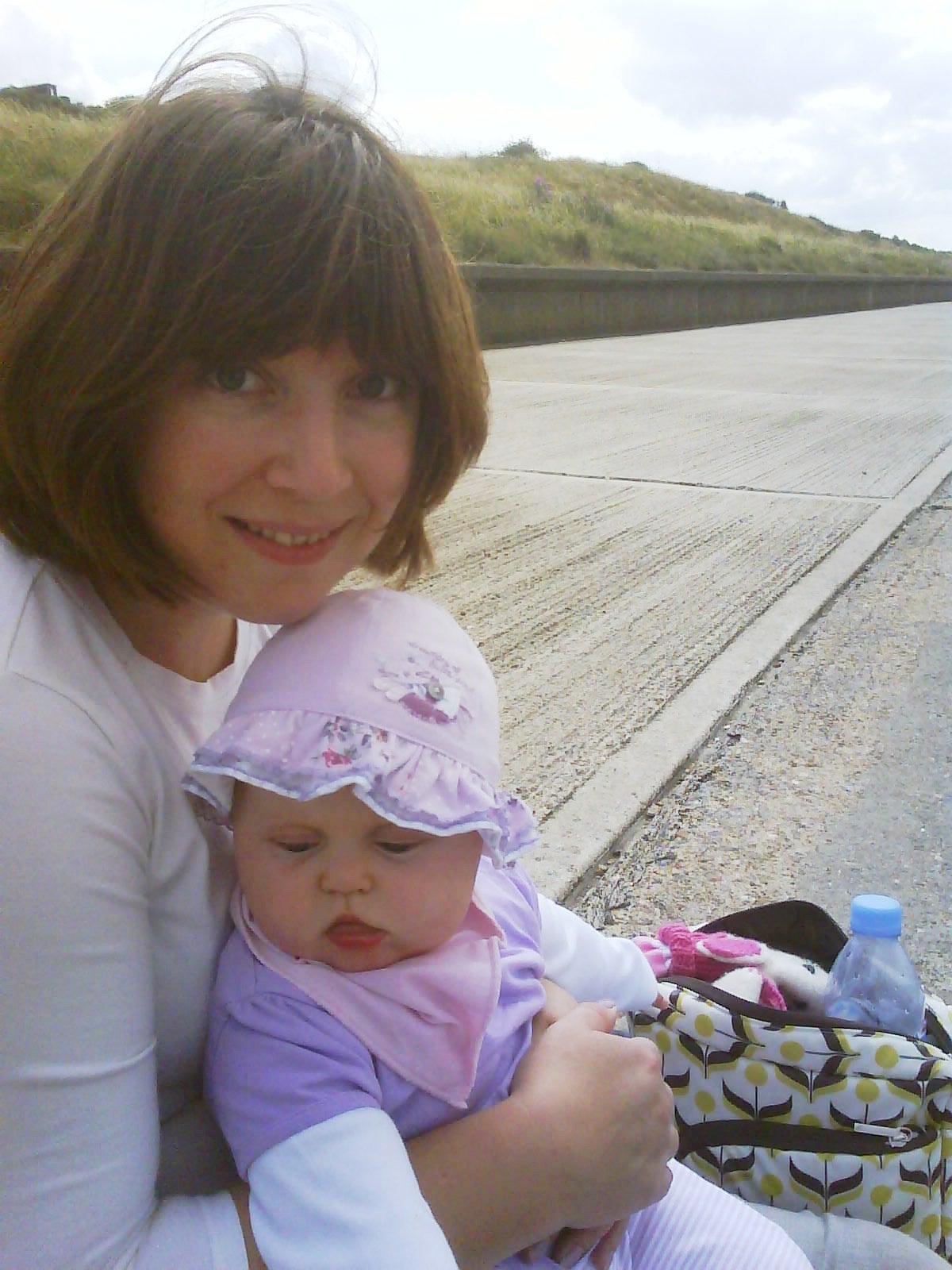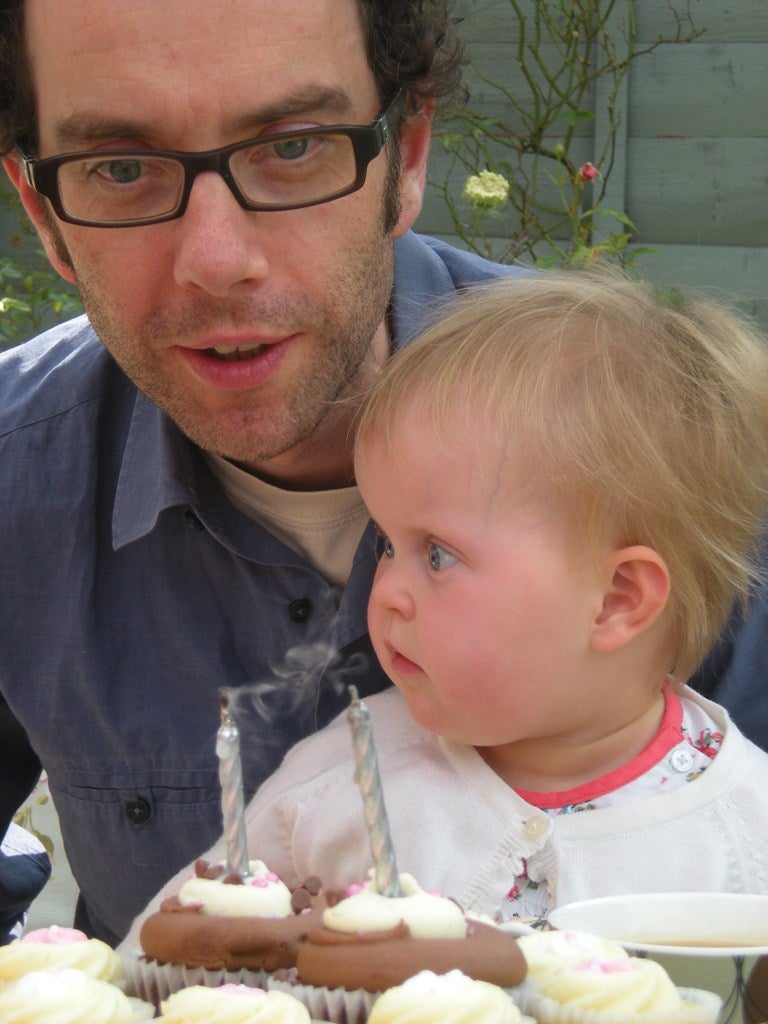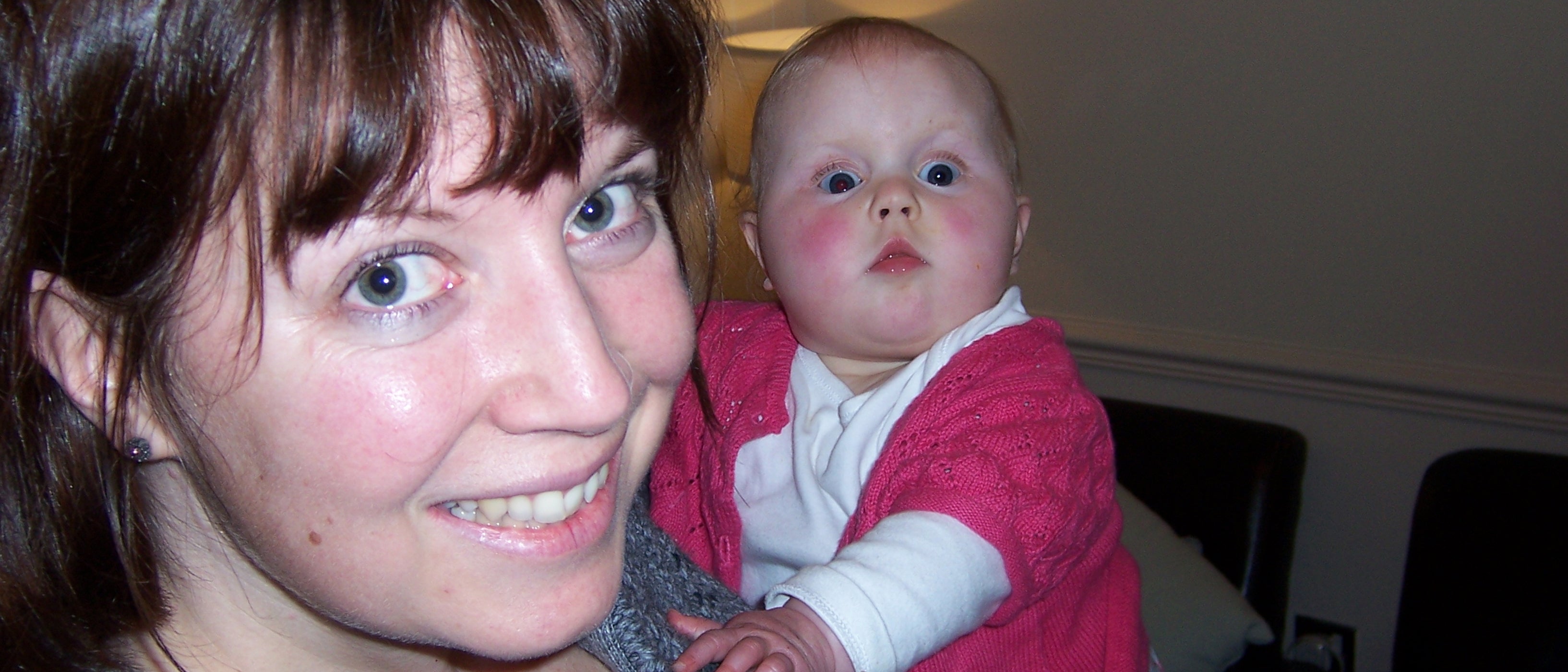- Home
- News and stories
- "You are on your own island."
"You are on your own island."
 6 March 2019
6 March 2019
When your only child is disabled, as parents you’re on your own island.
I’d already put Lucy’s name down for a school when I was pregnant. I had the nursery all booked, paid the deposit and everything. At 2 days old, the diagnosis started. I remember we were taken into a corridor out of the Special Care Baby Unit and given a flimsy fax. Numbers and letters were on it. We were told ‘oh, well these are the results. It’s not normal, we need to do bloods now’. Lucy was finally diagnosed with a complex genetic condition and all our plans changed.
When Lucy was one and we came to take her to the nursery, they turned her away. Lucy was in a hip spica cast at that point and the nursery said they couldn’t cope with that. I couldn’t find another nursery and I felt we were being rejected.

What am I supposed to do?
Rejection is a thing you come up against a lot, both in a physical and emotional way. Even in the mother and baby group, each week the health visitor would say, 'What’s your baby done new this week?' and people would say ‘Oh my baby has clapped, or waved or rolled over’. Then it would come around to me and I would say ‘Oh, we played chess last week. It was fantastic. Lucy won.’ I just thought, ‘What the heck? What am I supposed to say? We are still doing the same things we did when she was born, because she’s a late developer.'
I didn’t feel like I was welcome in this group, it was full of people showing off their milestones.
When Lucy was about 3 or 4 months old, I had been having panic attacks for a while. One morning I woke up in one, which is very confusing. I heard a voice in my head saying ‘you need help, ring now, you really need help’, because I had this deep sense of not wanting to live anymore.
I managed to get downstairs and ring 111 and they put me through to somebody who said ‘go and get your husband and go to the hospital’. I tried to get back upstairs to my husband but my body physically collapsed. I had a physical and emotional breakdown, an acute shock reaction.
I was quite far gone into my own world
I do remember the appointment. I was quite far gone into my own world. The doctor was talking to my husband and explaining what was going on. I remember I had this compulsive need to go and hug the corner of the room, it just felt right. I had to be low down, had to be on the floor, it was a priority.
They asked me if I wanted to be admitted and I said no. I was put on suicide watch for 2 weeks with the community psychiatrist team who visited me every day. They weren’t very friendly. They looked like the men in the film 'The Matrix', smart suits and sunglasses.

My husband took time off to look after me and I stayed with my mum for the second week. You don’t get special time off work and we’d both had maternity leave off. Nobody gives you any extra paid leave to be able to support this kind of thing.
And then, after a year and half, counselling sessions were provided by the NHS.
I'd finally met my gang
My saviours have been the people around me. I’m so lucky I have a husband, mother and friends that are so patient and understanding. They have the skills that are beyond what I thought they had, in terms of being pushed to that point.
Support I would have liked earlier would have being a counsellor at the Special Care Baby Unit stage. At the moment, there’s a lack of support. We had little bits of support, putting us in contact with other families, but they were going through their own challenges.
When Lucy went to school, aged 4, I joined the Parents Association because I wanted to meet people I may not have had the confidence to. Finally, I met my gang. People that knew what it was like, and that is when I truly started healing.
41% of families aren’t offered emotional support during their child’s diagnosis and become increasingly isolated. Donate to Scope today to help them provide vital services and support for families that need it most.
 6 March 2019
6 March 2019





